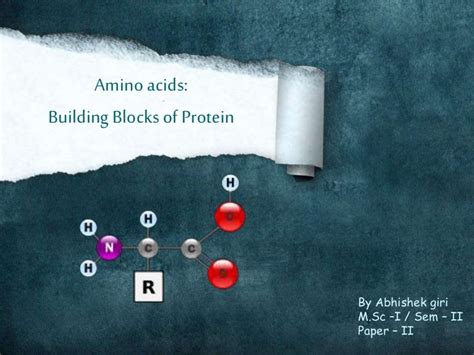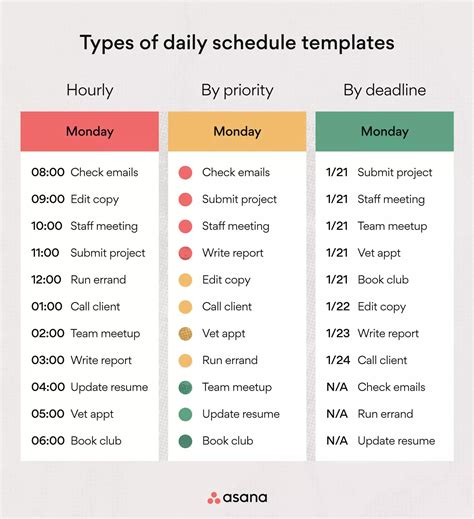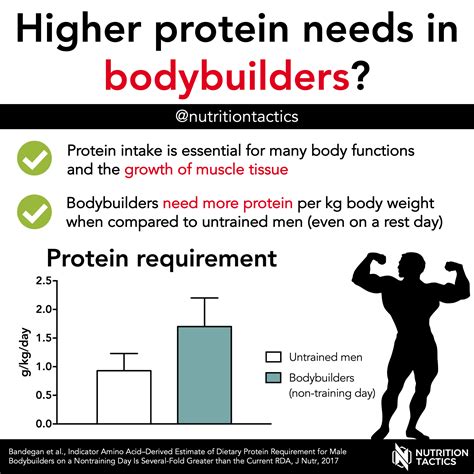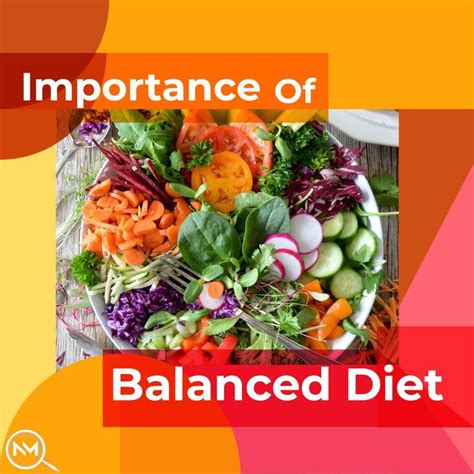How much protein do I need daily for muscle growth & peak performance?

The Crucial Role of Protein in Your Body
Protein is far more than just a nutrient; it’s a foundational macronutrient essential for virtually every function within your body. Comprising amino acids, often called the “building blocks of life,” protein is vital for repairing tissues, making enzymes and hormones, and supporting immune function. For those engaged in regular physical activity, its role becomes even more paramount, directly impacting muscle repair, growth, and overall athletic performance.
Whether your goal is to pack on lean muscle, recover faster from intense workouts, or simply maintain optimal health, understanding your daily protein requirements is a critical step. While general dietary guidelines exist, the exact amount can vary significantly based on individual factors like activity level, age, body composition, and specific fitness objectives.

Understanding Baseline Protein Requirements
For the average sedentary adult, the Recommended Dietary Allowance (RDA) for protein is 0.8 grams per kilogram (g/kg) of body weight. However, this figure is primarily designed to prevent deficiency, not necessarily to optimize muscle growth or support a highly active lifestyle. For individuals who regularly exercise, especially those aiming for body composition changes or enhanced performance, this baseline is often insufficient.
Current scientific consensus suggests that active individuals require a higher intake to support muscle repair, adaptation, and growth. This increased demand stems from the micro-damage incurred during training, which protein helps to mend, rebuild, and strengthen, leading to greater resilience and capacity over time.
Optimizing Protein for Muscle Hypertrophy
If your primary goal is muscle growth (hypertrophy), your protein intake needs to be at the higher end of the spectrum. Research indicates that consuming between 1.6 and 2.2 grams of protein per kilogram of body weight daily is optimal for maximizing muscle protein synthesis (MPS) – the process by which muscles repair and grow. This range ensures that there are enough amino acids available to support the recovery and rebuilding process after resistance training.
For individuals with significant training intensity or those in a caloric deficit while trying to preserve muscle mass, intake might even temporarily extend to 2.3-3.1 g/kg of lean body mass. Spreading this intake evenly across multiple meals throughout the day can also optimize MPS.

Fueling Peak Performance and Endurance
Endurance athletes, such as runners, cyclists, and swimmers, also have elevated protein needs, though perhaps slightly different from strength athletes. While carbohydrates are the primary fuel source for endurance, protein plays a crucial role in repairing muscle damage sustained during prolonged exercise and supporting immune function. A recommended range for endurance athletes is typically 1.2 to 1.8 g/kg of body weight per day.
Adequate protein intake helps prevent muscle breakdown, aids in recovery between training sessions, and ensures the structural integrity of muscle fibers. It also contributes to the synthesis of red blood cells, which are vital for oxygen transport, directly impacting stamina and performance.

Factors That Influence Your Protein Needs
Several factors can influence your optimal daily protein intake:
- Activity Level & Training Intensity: The more intense and frequent your workouts, the greater your protein demand.
- Age: Older adults (over 65) may benefit from slightly higher protein intake (1.0-1.2 g/kg) to counteract age-related muscle loss (sarcopenia).
- Body Composition & Goals: Individuals aiming for fat loss while preserving muscle mass often require higher protein to maintain satiety and protect lean tissue during a caloric deficit.
- Medical Conditions: Certain health conditions may alter protein requirements, necessitating professional guidance.
- Dietary Choices: Vegetarians and vegans may need to pay closer attention to protein sources and combinations to ensure a complete amino acid profile.

Protein Timing, Distribution, and Quality Sources
Beyond the total daily amount, how you distribute your protein intake throughout the day can also be beneficial. Aim for roughly 20-40 grams of high-quality protein per meal, spread across 3-5 meals or snacks. Consuming protein around your workouts, especially a post-workout dose (within 1-2 hours), can significantly aid recovery and muscle protein synthesis.
Prioritize high-quality protein sources that provide all essential amino acids. These include:
- Animal-based: Lean meats (chicken, turkey, beef), fish (salmon, tuna), eggs, dairy products (milk, yogurt, cottage cheese, whey protein).
- Plant-based: Legumes (lentils, beans, chickpeas), tofu, tempeh, edamame, quinoa, nuts, seeds, and plant-based protein powders (pea, rice, soy).

Listen to Your Body and Consult Experts
While these guidelines provide a strong starting point, individual responses to protein intake can vary. Paying attention to how your body responds in terms of recovery, energy levels, and muscle growth is crucial. For personalized advice, especially if you have specific health concerns, are an elite athlete, or are considering significant dietary changes, consulting a registered dietitian or a sports nutritionist is highly recommended. They can help you tailor your protein intake to your unique needs and goals, ensuring you fuel your body for optimal muscle growth, recovery, and peak performance.








